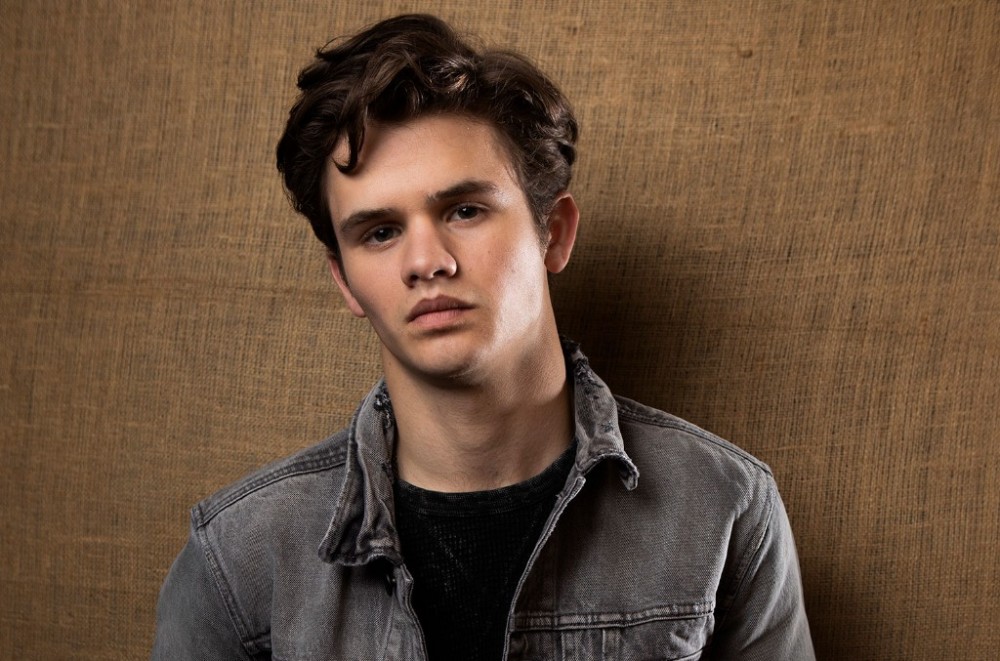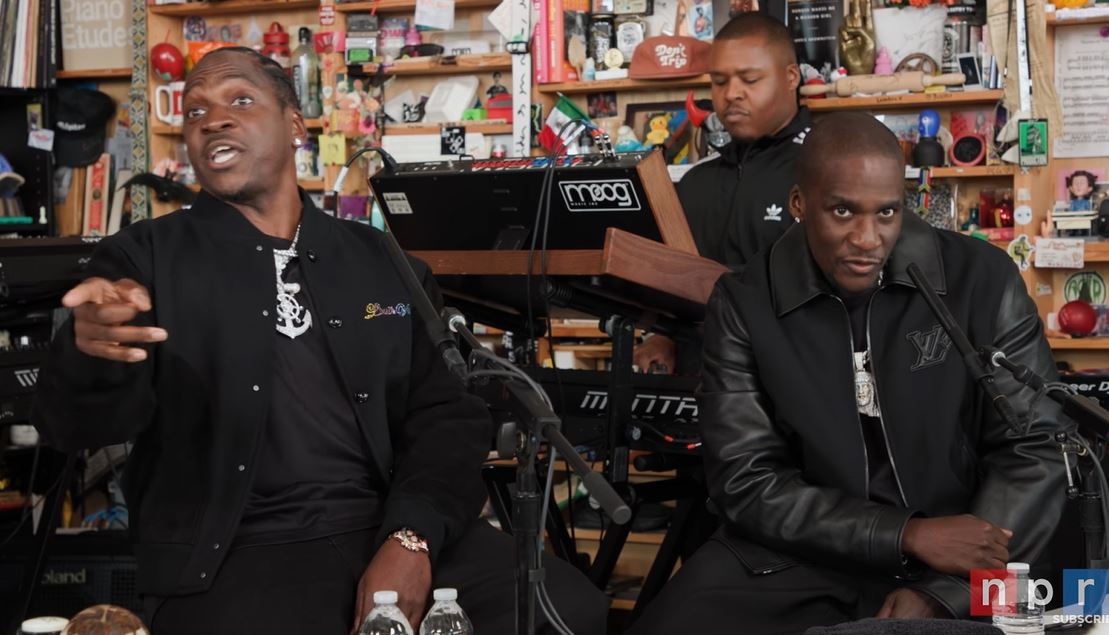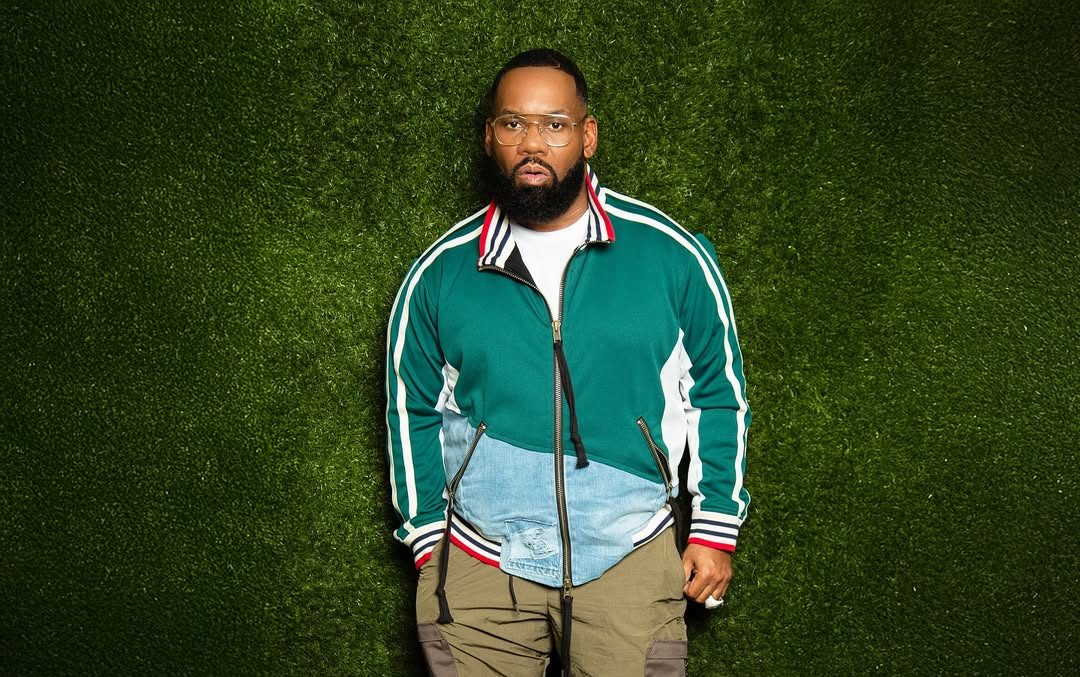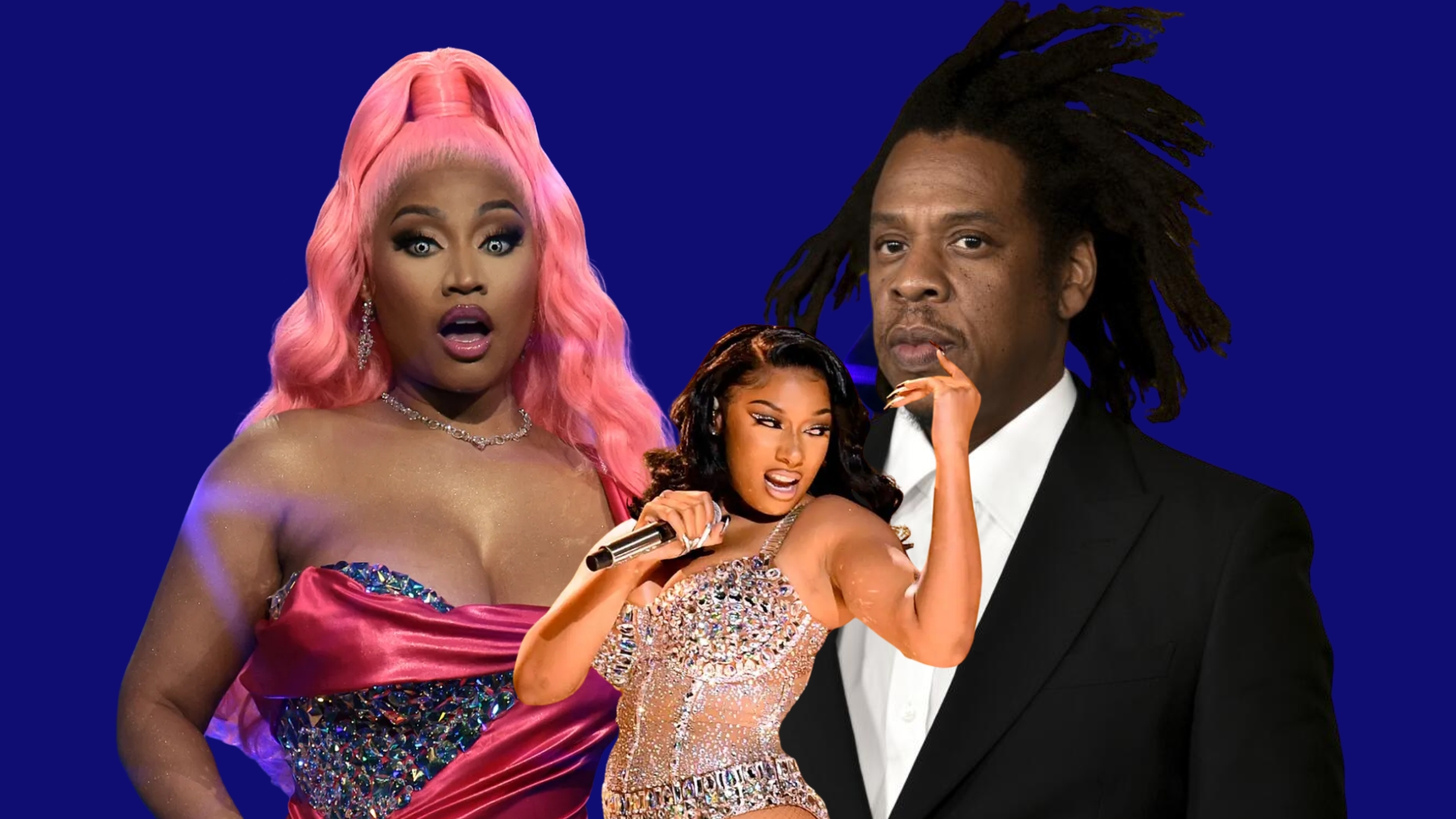When the Big Machine brass picked “Like I Knew You Would” as a lead single for 20-year-old newcomer Payton Smith, the label set him up for an ideal introduction.
The song showcases his impressive guitar skills, his energetic performance approach and his homegrown love of percussion. Hailing from the Gulf Coast town of Houma, La., he grew up a short drive from New Orleans, and the Big Easy made a mark on him as a musician.
“There was so much music,” Smith recalls, “and the thing that it all had in common, no matter what genre it was, was rhythm. It was all about rhythm. And syncopation. And that has a huge effect on the way that I write music because it has to have some kind of groove.”
“Like I Knew You Would” definitely meets that standard. He created it on Dec. 6, 2018, in his first writing session with bluegrass musician-songwriter Ronnie Bowman (“Nobody to Blame,” “Never Wanted Nothing More”) and guitarist-keyboardist-producer Dan Fernandez at Fernandez’s Nashville home. The location set the tone for the day’s work.
“My studio is kind of like a playground, like nothing’s in the right place,” says Fernandez. “It’s kind of chaotic, and there’s a bunch of s–t everywhere, you know? So it’s almost like the lightning in the idea is already in the room.”
Appropriately, there’s a degree of chaos in the percussion on “Like I Knew You Would,” which was the song’s starting point.
“We all talked about how much we love syncopation and love rhythms, and we just kind of spent the hour drinking coffee, talking about songs that we love and then dove into it,” recalls Smith.
The work was focused on sonics first, applying a series of claps to a simple chord progression, then looping it to build an attitude in the room. The title and the storyline were unknown at the outset, though Bowman freestyled a few lines — “Down to the river ’cross the railroad tracks/I was playing it cool, you were kickin’ it back/Like I knew you would” — that set the lyrical elements in motion.
“That’s a great cadence,” observes Bowman. “And you’ve already pretty much made your map.”
The river imagery resonated with Smith’s bayou history, and “Like I Knew You Would” became a theme. They repeated it at least twice in each verse and likewise used it to bookend the opening and closing lines of the chorus, providing a verbal focus for the work.
“The Beatles repeat so much the title of their song, you know, inside of the song, and that was always appealing to me,” says Smith. “I think that some of that, not even thinking about it, made its way into ‘Like I Knew You Would’ — the idea of just repeating the hook as much as you could.”
That first verse percolated as they worked through it, and when they arrived at the chorus, Smith changed it up, hitting power chords on his guitar and singing the title again with a melody that changes the dynamic. “Knew you would” jumps a fifth, then drops a fourth, creating a jagged set of intervals that’s unusual in a country song.
“The chords are pretty much the same all the way down,” notes Fernandez. “So we really worked hard on making the phrasing of the verses, the melody of the verses, be something you can grasp on to and kind of inject your own story into it, but also having the chorus be something different.”
The lyrics were developed with an intentional vagueness, as the singer confesses his infatuation. The listener knows the woman has blue eyes, that he calls her an “angel” and that she’s stolen his heart. But the rest of the riverside activities remain a bit foggy. “Drivin’ me crazy with a melody,” for example, fits the phrasing in verse one nicely, though it’s not clear if that melody is metaphoric or if she’s literally singing a song.
“I don’t really want to tell you what it means to me,” says Bowman, “because it may mean something different] to you.”
Smith added one more change of pace to the proceedings, building a skittering guitar interlude that functions like a bridge at the close of the second chorus. It’s almost stately at the start, segueing into arena-rock bravado, much like a mid-2000s Keith Urban production.
“Keith was a huge influence on me, and that solo — especially that walk-up that ends] the solo — was definitely something that I grew up hearing from Keith,” says Smith.
Fernandez produced a smooth demo at the end of the writing session with prominent banjo and steel, and all three writers felt they’d created something special. Smith hesitated to share it with the label, though, fearful that it might knock out one of the five songs he was already set to record with producer James Stroud (Chris Young, John Anderson). When he finally did reveal it, Big Machine Label Group president/CEO Scott Borchetta proclaimed it a “smash” in an email and decided they should record all six songs.
Stroud and Smith were determined to heighten the song’s percussive quotient on the master. Stroud — who started out playing the kit on such cuts as Jean Knight’s “Mr. Big Stuff” and Eddie Rabbitt’s “Drivin’ My Life Away” — hired drummer Wes Little to bang out a steady, complicated stream of 16th notes during a session at Starstruck Studios. Little brought a variety of drums with him, and Stroud settled on a piccolo snare to provide a crisp high end for the percussion.
“We tuned it to where it was a little out of tune, to where it didn’t ring,” says Stroud. “It sounded like a cross between James Brown’s snare drum and a Louisiana/Neville Brothers snare drum.”
Smith handled most of the guitar work, though guitarist Kenny Greenberg brought extra fire power to a band that included bassist Mike Brignardello, acoustic guitarist Biff Watson and keyboardist Steve Nathan. Smith asked them specifically to play as if they were on a concert stage.
Smith knocked out his vocals later at LOUD Studio with the same Neumann U47 microphone that Stroud had used with Toby Keith and Tim McGraw. And Smith sang with the same passion and rawness that he brings to a concert stage.
“I remember wanting to hold a guitar because that helps so much with that live energy,” says Smith. “I think I closed my eyes the whole song while I was singing it. You’re envisioning a crowd the whole time, and I felt like that really helped how I delivered that vocal.”
Stroud insisted that Smith do his own background vocals, which only added to the intensity. “When he’s singing with himself it sounds like a dadgum train,” says Stroud.
Smith played “Like I Knew You Would” during a lunch showcase on Feb. 21 at the Country Radio Seminar in Nashville, and Big Machine released it to terrestrial radio immediately after that performance. The song received a Mar. 9 add date, bringing a 20-year-old exuberance and an old-school hybrid sound to the genre.
“It is really my favorite song to play live,” says Smith. “It’s just got so much energy.”



